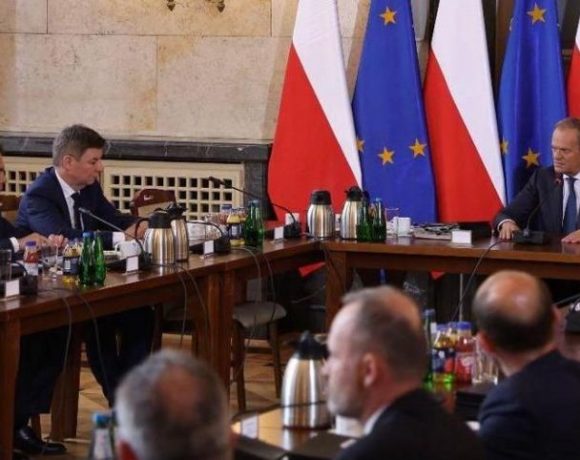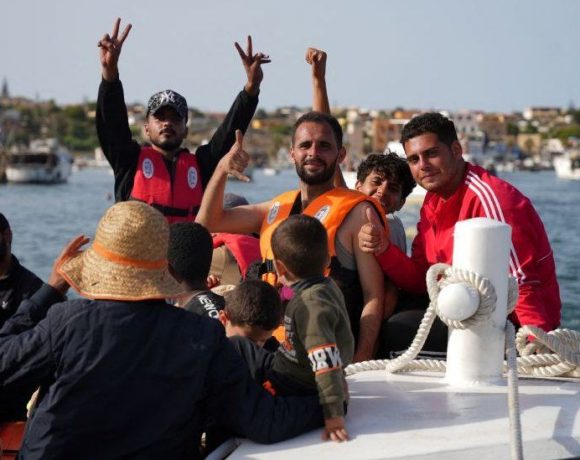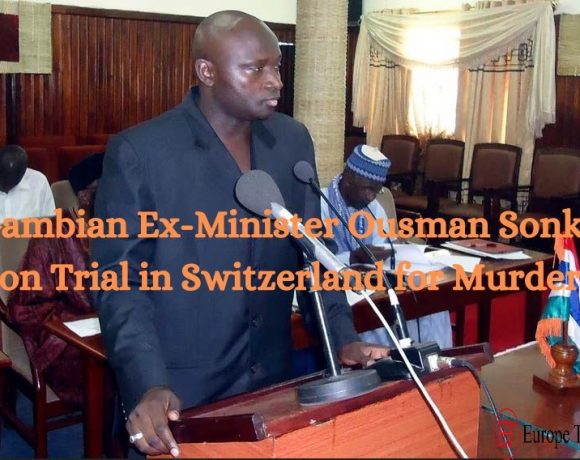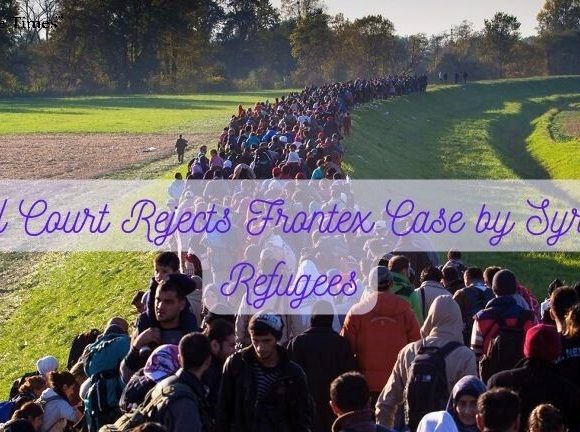
Special services in Poland uncovered and removed listening devices in a room where cabinet ministers were scheduled to convene. The regular cabinet meeting, typically held in Warsaw, was relocated to Katowice due to the attendance of several ministers, including Prime Minister Donald Tusk, at an economic conference there.
The increased spying activity in Poland is attributed to its role as a hub for military and humanitarian aid to Ukraine following Russia’s invasion in 2022. The State Protection Service, in collaboration with the Internal Security Agency, detected and dismantled the eavesdropping devices during a routine security sweep of the room. The Internal Security Agency is currently investigating the matter further.
Despite the discovery, the cabinet meeting proceeded as planned in the building. A spokesperson for the Silesia regional authorities suggested that the device may have been part of the room’s old communication system.
In a separate development, a Polish judge sought asylum in Belarus, citing concerns over Poland’s policies towards Belarus and Russia. The judge’s actions have raised suspicions of espionage, particularly as he was due to preside over cases involving security clearance for NATO-related information.
Polish Foreign Minister Radoslaw Sikorski condemned the judge’s actions, referring to him as a traitor. Prime Minister Tusk has called for a meeting of the Secret Services College to discuss potential Russian and Belarusian influence in Polish politics. He emphasized concerns about the judge’s long-standing relationship with Belarusian authorities and its implications for national security.
This incident comes after the previous year’s arrest of several members of an alleged Russian spy network in Poland, accused of planning sabotage near the Ukrainian border.
Picture Courtesy: Google/images are subject to copyright



